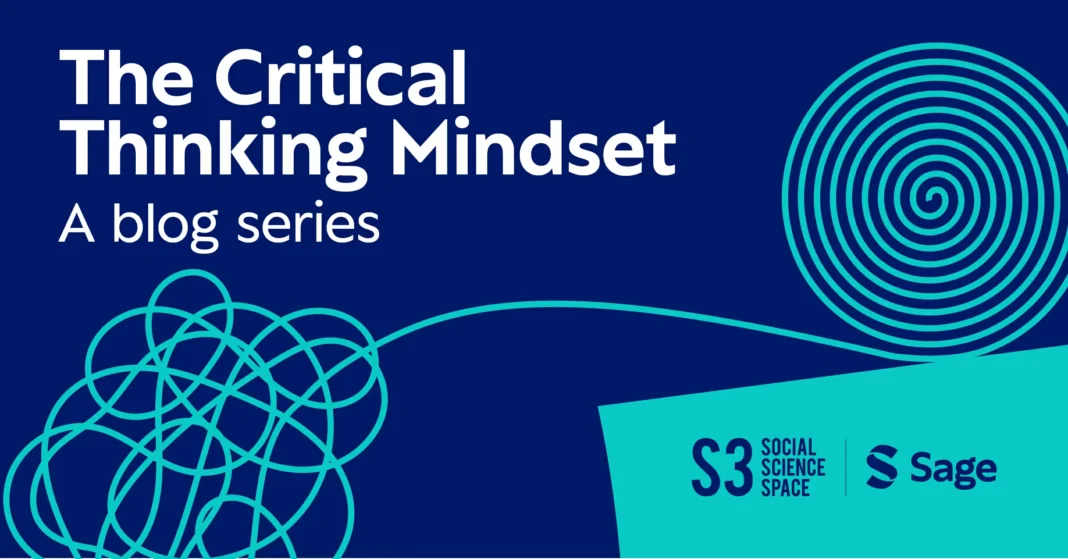In our society, we often hear the phrase “common sense is not so common.” This statement is often accompanied by a sense of disappointment, as if we are resigned to living in a world where critical thinking skills are not widespread. But why is this the case? Instead of dwelling on the negative, I propose a different perspective – one where critical thinking becomes not just common sense, but a way of life.
Let’s start by examining the term “common sense.” By definition, it refers to practical intelligence or sound judgment that is based on experience and common knowledge. It is a concept that is often taken for granted, as if it is something that should come naturally to everyone. However, the truth is that critical thinking and common sense are skills that need to be continuously honed and developed.
So why is it that critical thinking is not always common sense? One factor could be the rise of technology and the information age. With the click of a button, we have access to vast amounts of information, but this does not necessarily equate to critical thinking skills. Instead, we have become reliant on the information presented to us without questioning its validity or considering alternative perspectives.
Another factor could be the fast-paced nature of our modern society. We are constantly bombarded with information and faced with making quick decisions. This often leaves little room for critical thinking, as we are forced to rely on our instincts and biases. It takes time and conscious effort to engage in critical thinking, and in a world where time is a precious commodity, it may not always be prioritized.
But why is it important to make critical thinking common sense? The answer lies in the numerous benefits it can bring to our personal and professional lives. Critical thinking allows us to analyze and evaluate information, enabling us to make more informed decisions, solve complex problems, and adapt to changing circumstances. It also promotes creativity and innovation, as we are able to think outside the box and challenge traditional ways of thinking.
Furthermore, in a world where fake news and misinformation are rampant, critical thinking becomes crucial in distinguishing fact from fiction. It helps us to be more discerning and not fall prey to false information that can have damaging consequences.
So how can we make critical thinking common sense? The key is to start at a young age. Critical thinking skills can and should be taught in schools, from a young age, as part of the curriculum. This will help to instill a culture of critical thinking in the younger generation, setting them up for success in their future endeavors.
In addition, we can also cultivate critical thinking skills in our everyday lives. This can be done by constantly questioning information, seeking out different viewpoints, and being open to changing our perspectives. It also involves being aware of our own biases and actively seeking to challenge them.
One way to put critical thinking into action is through the practice of evidence-based decision making. This involves gathering relevant and reliable information, critically evaluating it, and using it to inform our decisions. By doing so, we are not only making better decisions for ourselves but also contributing to a more rational and informed society.
In conclusion, critical thinking should no longer be seen as a rare trait, but as a necessity in today’s world. By making it common sense, we can reap the benefits of living in a society where individuals are equipped with the skills to think critically, make informed decisions, and contribute to positive change. Let us strive towards a world where critical thinking is not just a skill, but a way of life.



